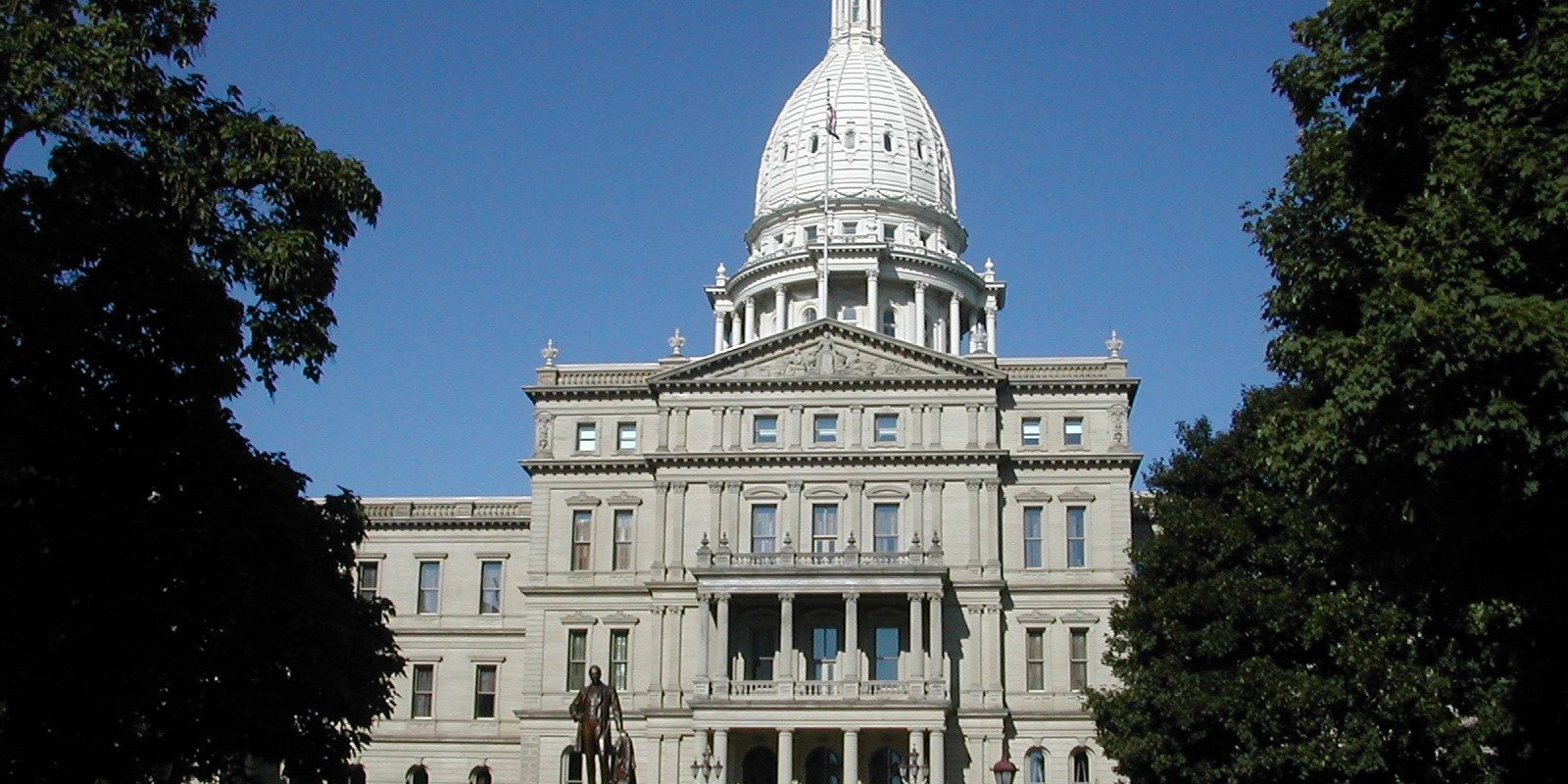FOR IMMEDIATE RELEASE
News from Progress Michigan
January 23, 2020
Contact: Sam Inglot, 616-916-0574, sam@progressmichigan.org
Ballot Initiative Takes Aim at Lobby Reform in State Government
Proposal would bring more transparency and accountability to state government
LANSING — For years, Michigan has carried the stain of having some of the worst ethics and transparency laws in the country. Today, the Coalition to Close Lansing Loopholes took a step toward improving those laws by filing ballot language with the Board of Canvassers that will rein in out-of-control lobbying in Lansing and bring more accountability and openness to state government.
“What we’re proposing will provide more transparency for the public, so they can see how lobbyists are trying to influence their elected officials, while taking other steps to create a more accountable government for the people,” said Lonnie Scott, executive director of Progress Michigan. “This is not about one political party or one issue area. We need to hold lawmakers and lobbyists, on both sides of the aisle and across the state to a high standard of trust and transparency.”
The proposal is aimed at creating a more transparent and accountable lobbying system in Michigan, requiring reporting from both lawmakers and lobbyists, banning gifts from lobbyists and their clients to elected officials, ending the revolving door of lawmakers becoming lobbyists right after leaving office, and bringing more transparency to public communications that seek to influence public officials. Specifically, the proposal outlines reforms that would:
- Prohibit lobbyists and their clients from giving anything of value to public officials and their immediate families
- Mandate a 2-year cooling off period before state elected officials can become lobbyists after leaving office
- Prohibit “contingency pay” for lobbyists, where their pay depends on the success/failure of their lobbying
- Require lobbyists and their clients to register and report all lobbying expenditures
- Require lobbyists and public officials to keep a public record log of lobbying activities and communications
- Require lobbying logs from public officials and lobbyists as well as records of lobbying expenditures and public communications attempting to influence public officials to be kept for at least six years after the reports are filed
- Require an identifier on all public communications which urge the general public to influence public officials
- Give the Secretary of State powers to enforce these changes, implement penalties, and creates forms and procedures to follow the law
Public officials who would be covered under the proposal include the governor, lieutenant governor, secretary of state, attorney general, state senator and representative, justice of the Supreme Court, judge of the Court of Appeals, member of the State Board of Education, trustees/regents/governors of public universities, or any other non-federal elective office with statewide duties. Also included in this definition are university presidents, the highest-ranking employee in the office of each state senator and representative, members of state boards and commissions, heads of principal departments, and executive branch staff exempt from civil service.
###

